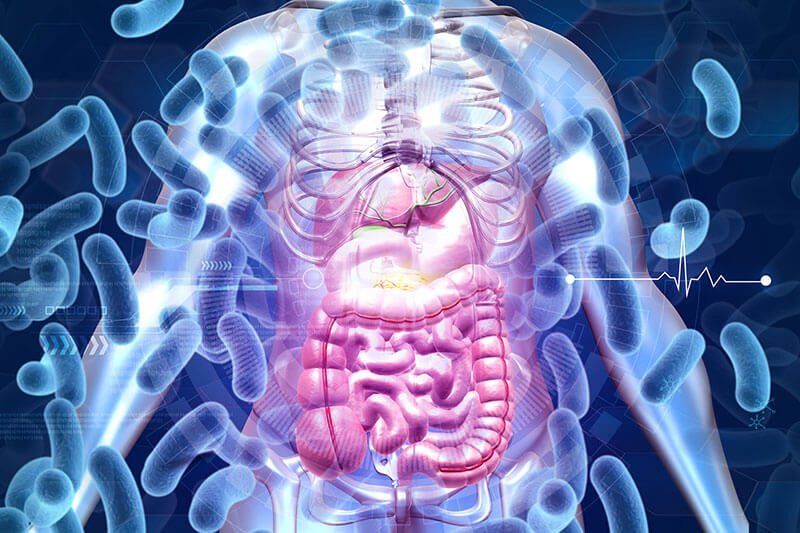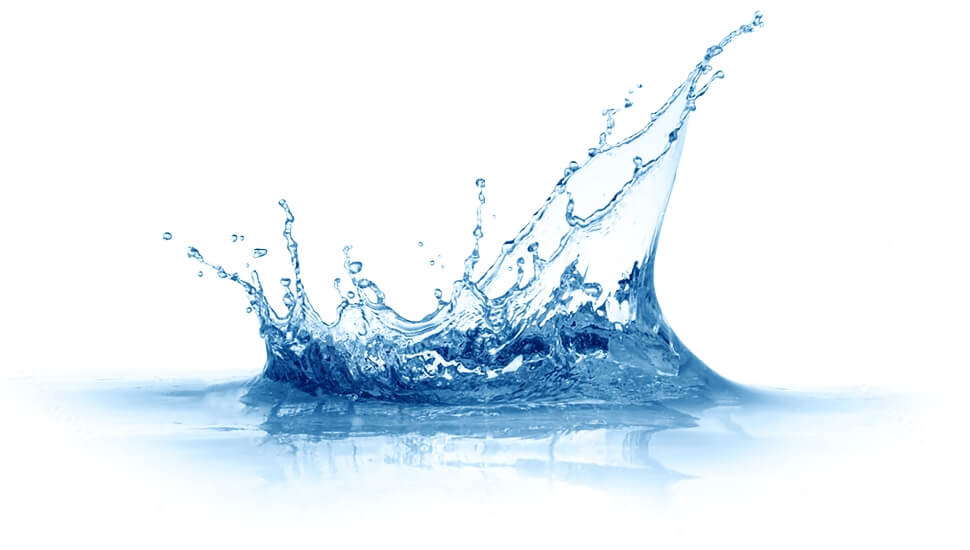Do not kill the germs in your body

Who isn't afraid of germs? But what would you say if you learned that over 100 trillion microbes live in the human body? Well? Strange and yet true.
Soil is basically the source of probiotic microbes but they are also found in dairy products.
Even the most indifferent, the most "brave", there comes a time when they are troubled.
They are the ones that help the proper behavior of many of our organs and protect us from the malignant action of pathogens.
Every surface of our body that comes into contact (e.g. our skin) or communicates with the environment (e.g. the gastrointestinal tract, the upper respiratory system, the vagina of women) has concentrations of microorganisms that make up the normal flora.
Overall, although this has not been precisely determined, it is estimated that in our body the number of these microbes is greater than the total number of body cells (100,000,000,000,000,000,000).
The type of microbes in the flora of each region varies and forms a balanced ecosystem with the organism.
These microbes are a hidden friendly world, drastically affecting our health and longevity. They are microorganisms that promote our life - probiotics.
Along with these microbes, a number of pathogenic microbes coexist, which are lurking to cause disease.
If our "friendly microbes" - the normal flora - have a normal composition, then they exclude pathogenic microbes from acting, because they constantly compete with them by developing biological and anatomical barriers.
The biological barrier is achieved by the ability of normal flora to recognise exogenous pathogens and cause their removal.
The anatomical barrier is created by the fact that the normal flora spreads and occupies all the surfaces of the epithelial cells of the mucous membranes and the epidermis, leaving no free spots for pathogenic microbes to attack.
In particular, the gut microbiota regulates the digestion of food, produces enzymes, influences the motility of the gut, the composition of faeces, but also the physiological function of other systems and mechanisms, because it synthesises vitamins that are necessary, for example, for the functioning of the central and peripheral nervous system and muscles (B vitamins), blood coagulation (vitamin K) and the blood's symorphic components.
Microorganisms that can in some cases create pathological conditions, as co-inhabitants of friendly microorganisms that camp in the gut in small colonies, e.g. they work and help in the digestion of sugars, synthesize enzymes, but always under the regulatory control of the "friendly" microorganisms of the flora - the probiotics - such as the acidophilic lactobacillus, which restricts the Candida fungus in the intestine, so that it does not metastasize to other parts of the body and cause disease (e.g. in the vagina of women).
As long as the balance between the two groups of microbes is maintained, the functions progress normally.
The source of these probiotic microbes, which are the so useful for our health flora of our body, is mainly the soil, where these microorganisms saprophe, or dairy products. The largest group is of the genus Lactobacillus (over 40 species), which can live in acidic environments and at temperatures of 40 to 44 degrees Celsius.
This is why they can pass through the gastric fluid without being destroyed and settle in the intestine. In 1905, three species of lactobacilli were isolated from yoghurt and from fermented milk (kefir).
The most common species of "friendly" microbes that rot in the human gut are lactobacilli acidophilus (acidophilus), casei, plantarum, salivarum, bulganus and streptococcus thermophillus.
In the female vagina, lactobacillus vaginalis is the acidifying agent of vaginal discharge, because it breaks down the glycogen in the discharge with its enzymes. In case of destruction of this flora, fungal infections usually develop.
If our body-friendly microbes are "killed", and this can happen by "antibiotics" - produced first by microbes as defensive substances to protect themselves from other microbes hostile to them, but used by humans as therapeutic drugs (e.g.e.g. penicillins, cephalosporins, etc.) - from various preservatives and antiseptics found in food, but also from chlorinated drinking water or by radiation or anti-cancer chemotherapeutics, then our health is disturbed. Even the disturbance of the acid-base balance of the gastrointestinal tract or skin or alcohol abuse can cause the destruction of the normal flora, resulting in a short time in pathogenic colonies of microbes, fungi and viruses, which are inactive from the competition of our "friendly" microorganisms - probiotics, multiply throughout the intestinal tract, produce toxic by-products and through them cause local damage, disturbing at the same time the functions of digestion, metabolism and immunobiological balance, or general infections, since without resistance they can circulate and germinate various organs.
In Greece, yogurt is offered as a means of restoring the overgrown flora.
Products containing lactobacilli and general microorganisms called probiotics are administered orally to form colonies throughout the intestinal tract in a short period of time and create an environment that increases the absorption and utilization of nutrients from food, synthesize vitamins and help in the elimination of food residues and pathogens and treat chronic, mainly intestinal diseases.
By restoring the normal composition of the intestine, the immunobiological system is activated, allowing the production of large stocks of non-specific antibodies, but also specific antibodies against respiratory or urinary tract diseases, if microorganisms of other flora, e.g. of the respiratory tree or urinary tract, are added to these probiotic products.
Of course, the administration of such products would not be necessary if we were not "killing" these microbes.







